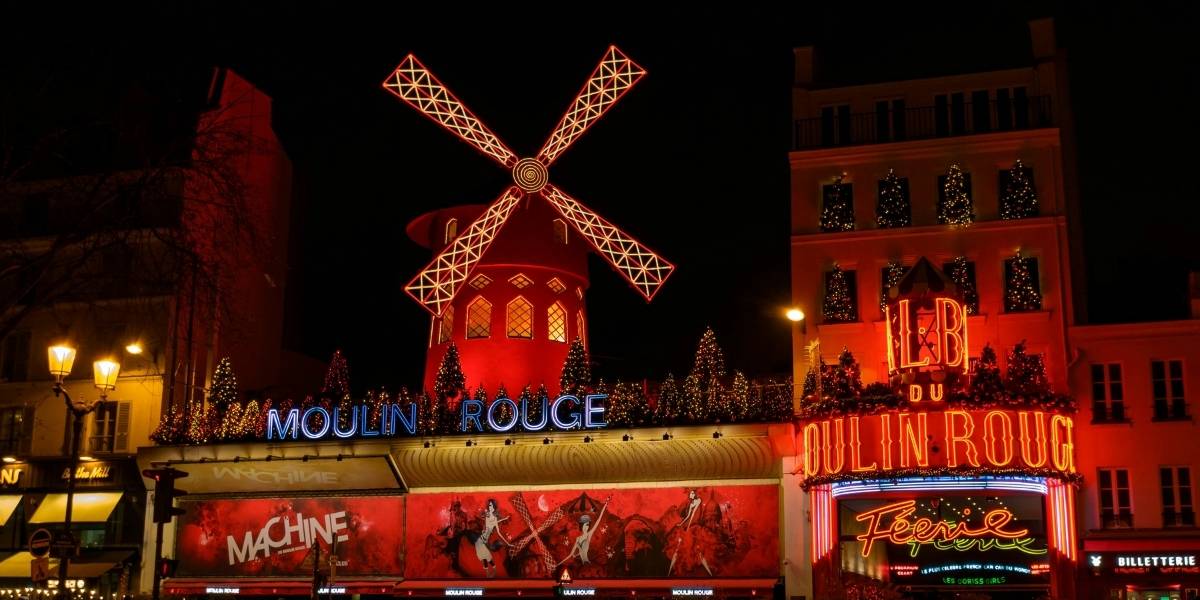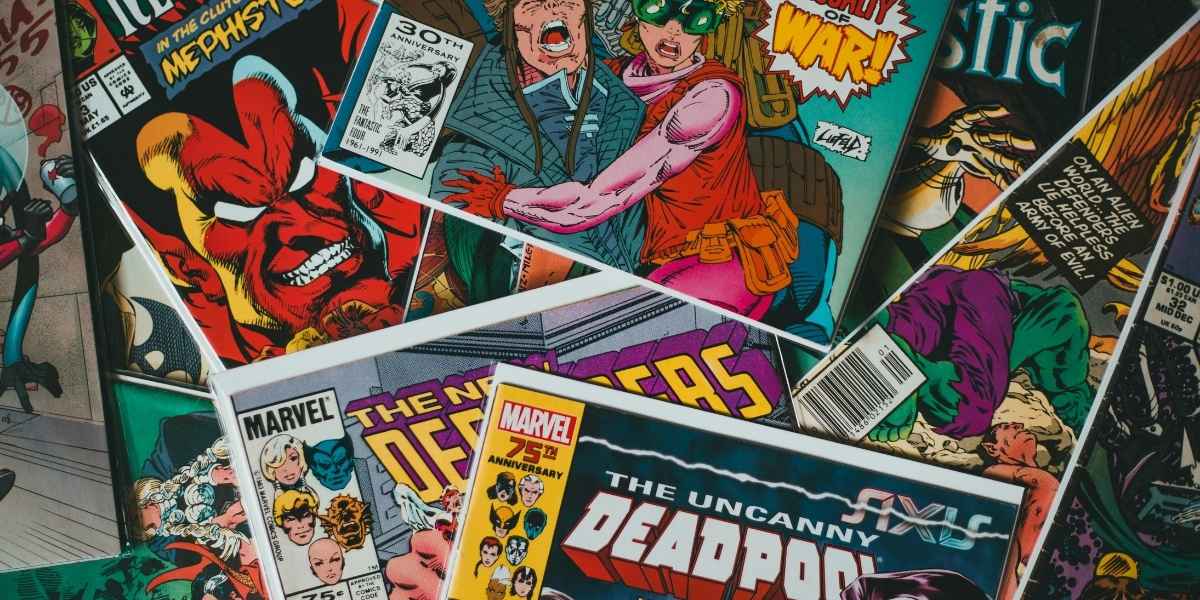Jukeboxes, those iconic machines that played music at diners, bars, and other gathering places, were once a staple of American culture. With their colorful lights, catchy tunes, and easy-to-use interface, jukeboxes provided entertainment and nostalgia for generations of music lovers. However, as technology evolved and digital music became more prevalent, the popularity of jukeboxes began to wane. In this article, we’ll explore the decline of jukeboxes, examining when and why they were phased out of popular use.
The Rise of the Jukebox
Jukeboxes first gained popularity in the early 20th century, with the introduction of coin-operated phonographs that played records at public venues. These early jukeboxes featured mechanical components and limited song selections, but they quickly became a hit among patrons looking for a way to enjoy music outside of their homes. Over the years, jukeboxes evolved with advancements in technology, transitioning from vinyl records to compact discs and eventually to digital files.
The Golden Age of Jukeboxes
The 1940s and 1950s are often considered the golden age of jukeboxes, with these machines becoming ubiquitous fixtures in diners, soda shops, and dance halls across America. With their sleek designs, vibrant colors, and extensive song libraries, jukeboxes became synonymous with youth culture and the burgeoning rock ‘n’ roll scene. Artists like Elvis Presley, Chuck Berry, and Buddy Holly dominated the jukebox charts, with their hits blasting from speakers in jukebox joints from coast to coast.
The Decline of Jukeboxes
Despite their popularity during the mid-20th century, jukeboxes began to decline in the late 20th and early 21st centuries as technology and consumer preferences shifted. The rise of digital music formats, such as CDs and MP3s, made it easier for people to access and listen to music on their own personal devices, reducing the demand for jukeboxes in public spaces. Additionally, changes in the music industry, including the consolidation of record labels and the rise of streaming services, further contributed to the decline of jukeboxes as a viable business model.
Phasing Out of Jukeboxes
While jukeboxes are still found in some nostalgic establishments and collectors’ homes, their presence in public spaces has significantly diminished over the years. Many bars, restaurants, and other venues that once featured jukeboxes have replaced them with digital jukebox systems or other forms of entertainment, such as live music or video screens. The cost of maintaining and updating jukeboxes, coupled with the decline in revenue from coin-operated music, has led many businesses to phase out these iconic machines in favor of more modern alternatives.
Nostalgia and Collectibility
Despite their decline in popularity, jukeboxes continue to hold a special place in the hearts of music enthusiasts and collectors. Vintage jukeboxes from the golden age of rock ‘n’ roll are highly sought after by collectors, with restored models commanding high prices on the market. Additionally, the nostalgia associated with jukeboxes has led to a resurgence of interest in these iconic machines, with some businesses and individuals opting to restore and showcase them as retro decor pieces or novelty attractions.
An Icon in American Music Technology
In conclusion, while jukeboxes may have been phased out of popular use in public spaces, their legacy lives on as symbols of a bygone era. From their humble beginnings as coin-operated phonographs to their heyday as cultural icons of the 20th century, jukeboxes have left an indelible mark on American music history. While the decline of jukeboxes may be attributed to advancements in technology and changes in consumer preferences, their nostalgic appeal and collectibility ensure that they will always hold a special place in the hearts of music lovers and collectors alike.









